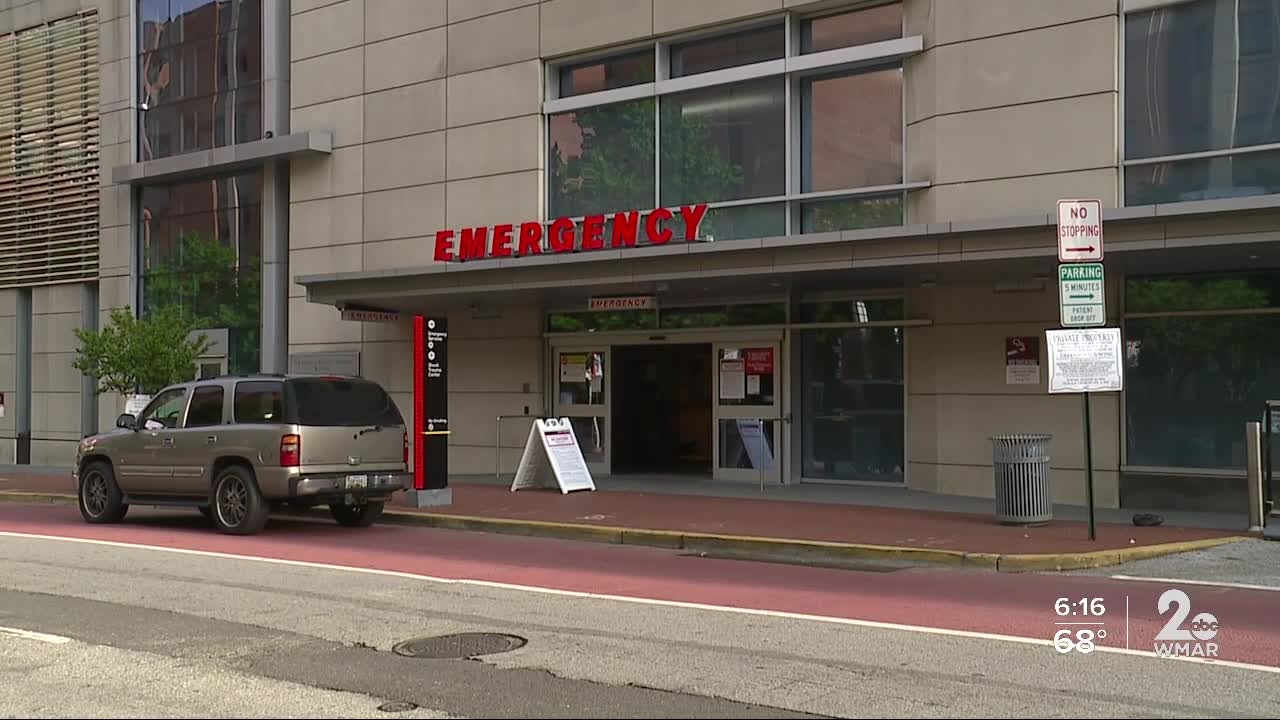BALTIMORE — The end of Maryland's stay-at-home order saw many people getting back outside to enjoy some of their favorite pastimes over the weekend.
One activity people might still avoid has healthcare providers troubled.
Hospitals put elective surgeries on hold for weeks because of COVID-19, but doctors worry the virus also has many patients purposely avoiding hospitals and ignoring symptoms.
University of Maryland School of Medicine associate professor Dr. Mark Vesely said "particularly with heart disease, if you put those symptoms off you're risking a bigger heart attack, and increasing your risk of dying from heart attack."
Vesely noted that healthcare officials nationwide report a significant drop in the number of emergency room visits for heart attacks or strokes.
“And people coming in late, where they've had symptoms for hours, days, weeks even, where they try to push them off, and not want to believe their heart attack symptoms, and coming in late, and they're getting sicker because of that,” Vesely said.
Dr. Vesely describes some of the symptoms of a heart attack include chest pains, shortness of breath or sweating for no apparent reason.
Stroke symptoms can be remembered by the acronym FAST.
F is for facial droop.
A is for arm weakness.
S is for slurred speech.
T is for time.
People experiencing these symptoms don't have the luxury of time to wait and get help.
"Time is muscle, the longer you sit on those symptoms. the longer your heart is deprived of that blood flow, more damage is done to the heart, and ultimately that cost people lives. I know of patients specifically who have ultimately passed away and having family members come back and say that they did try to ignore symptoms,” Vesely said.
The best thing to do for anyone with questions or concerns about their health, is to call a doctor.
“And even if we don't have an ability to set up a video conference like this, just calling into your doctors office and getting ahold of somebody, even if it's it's 2 in the morning and you get someone on call, being able to talk over your symptoms and ask those questions can be critically important,” Vesely said.
Meanwhile, Dr. Vesely said hospitals will separate patients who have COVID-19 symptoms and concerns from those who don’t, starting at the emergency room door.
“And that translates in the hospital throughout different procedures and different hospital floors, and wards so that we are doing everything we can to keep people safe,” Vesely said.





